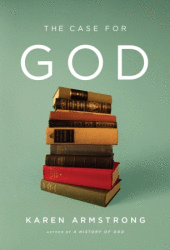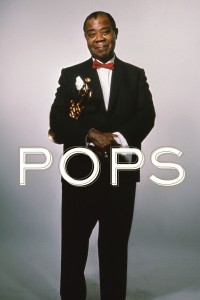
Religion poisons everything… God is a delusion… the end of faith… these are phrases lately found among the burgeoning supply of books by “new atheists” who take arms against a sea of holy rollers and jihadis. In an age of faith-based politics, resurgent creationism, and religious terrorism, aggressive atheists like Richard Dawkins, Sam Harris, and Christopher Hitchens have become bestselling authors.
A new book attempts to take a stand against both the religious fundamentalists and their militant atheist foes. The Case for God is a landmark work of intellectual and theological history by the renowned scholar of religion Karen Armstrong.
The book is nothing less than a comprehensive history of human religion in just over three hundred pages. From painted traces of Paleolithic hunter-shamans on the Lascaux Cave walls to hip postmodernist theology, Armstrong offers a lucid narrative of humanity’s relationship with the divine. In her telling, the story of God and man unrolls like an ancient tapestry richly embroidered with scholarly insights and references from the world’s many religious traditions.
It is a compelling story, but it isn’t clear that many people—secularists or religionists—will find it persuasive.
Read the rest of my review of The Case for God at The Book Studio.
